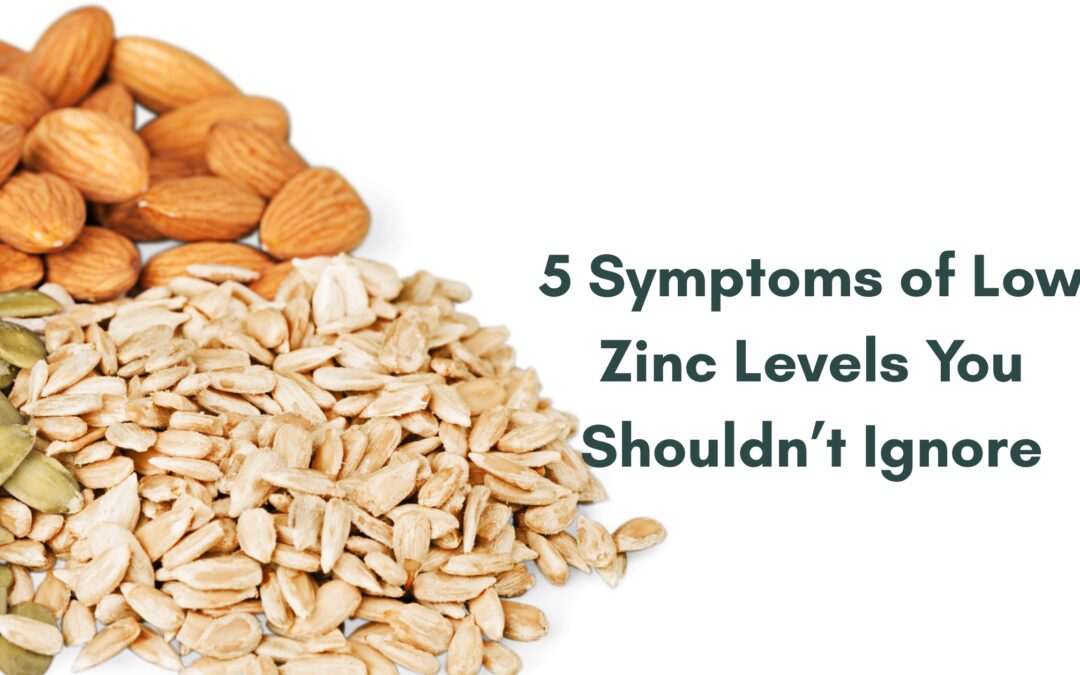When we think about staying healthy, we often focus on vitamins, exercise, and a balanced diet. However, there’s one mineral that plays a crucial role in our overall well-being that often gets overlooked. Understanding its importance can help you feel your best every day.
What Is This Important Mineral?
This mineral is vital for many functions in our body. It supports our immune system, helps with cell growth, and is essential for processing carbohydrates. Without it, our bodies can struggle to function properly.
Why Is It Important?
The mineral in question helps with healing wounds, supporting our sense of taste and smell, and even plays a role in cognitive function. It helps our bodies use proteins and DNA, which are the building blocks of life.
Signs and Symptoms of Deficiency
Many people may not realise they are lacking this crucial mineral. Here are some common signs and symptoms of deficiency:
- Weak Immune System: If you find yourself catching colds or infections more often, it might be a sign of low levels.
- Fatigue: Feeling unusually tired could indicate a shortage.
- Poor Wound Healing: If cuts and scrapes take longer to heal, it might be due to insufficient levels.
- Loss of Taste or Smell: This can also be a symptom of low levels.
- Hair Loss: Noticing more hair in your brush could signal a deficiency.
If you experience any of these symptoms, it’s worth looking into your diet and overall mineral intake.

Understanding Zinc Deficiency
The mineral we’re discussing is zinc. A zinc deficiency can lead to various symptoms that impact your daily life. According to research, zinc deficiency can occur due to poor dietary intake, certain medical conditions, or even increased needs during periods of growth or illness. (source: NHS).
What Causes Zinc Deficiency?
Several factors can contribute to a lack of zinc:
- Diet: Not eating enough zinc-rich foods, such as meat, shellfish, legumes, seeds, and nuts, can lead to a deficiency.
- Absorption Issues: Certain health conditions, like Crohn’s disease, can prevent your body from absorbing zinc effectively.
- Increased Requirements: During pregnancy, breastfeeding, and childhood, your body needs more zinc.
How to Recognise Zinc Deficiency Symptoms
Recognising the symptoms of zinc deficiency is crucial for maintaining your health. Here are some signs to watch for:
- Low zinc symptoms: Frequent infections, slow healing of wounds, and changes in taste or smell.
- Zinc depletion symptoms: Fatigue and hair loss can also indicate a depletion of this essential mineral.
- Zinc insufficiency symptoms: If you notice any of the above signs, it’s important to consult with a healthcare professional.
Why It Matters
Having sufficient zinc is essential for your health. It supports your immune function, cognitive performance, and overall vitality. A lack of zinc can lead to a range of health issues, including a weakened immune response and slower recovery from illness.
Healthy Sources of Zinc
To ensure you’re getting enough zinc, consider including the following foods in your diet:
- Meat: Beef, pork, and lamb are excellent sources.
- Shellfish: Oysters are particularly high in zinc.
- Legumes: Chickpeas, lentils, and beans contain significant amounts.
- Seeds and Nuts: Pumpkin seeds, sesame seeds, and cashews are great snacks that provide zinc.
- Dairy: Cheese and milk also offer a decent dose of this mineral.

Supplementing Zinc
If you find it challenging to get enough zinc through diet alone, supplements can be an effective option. One highly recommended product is the High Strength Ultra Zinc Complex. This supplement features a potent dose of zinc, designed to support immune health and cognitive function.

Why Choose High Strength Ultra Zinc Complex?
- Quality Ingredients: Formulated with high-strength zinc and copper for optimal balance.
- Easy to Take: Comes in small capsules that are easy to swallow.
- Supports Overall Health: Helps maintain a strong immune system and supports cognitive function.
You can find it here.
Ensuring you have enough zinc in your diet is essential for maintaining your health. By consuming zinc-rich foods or considering a high-quality supplement, you can support your immune system and overall well-being. Don’t let zinc deficiency symptoms affect your life; take action today!

Please Note:
The information provided in this article is for educational purposes only and is not intended as medical advice. Always consult with a healthcare professional before starting any new supplement, especially if you are pregnant, breastfeeding, have existing health conditions, or are taking medication. Individual results may vary, and it is important to discuss any concerns or questions about your health with a qualified medical provider. Those who are deficient may experience the greatest benefit from this supplement.

